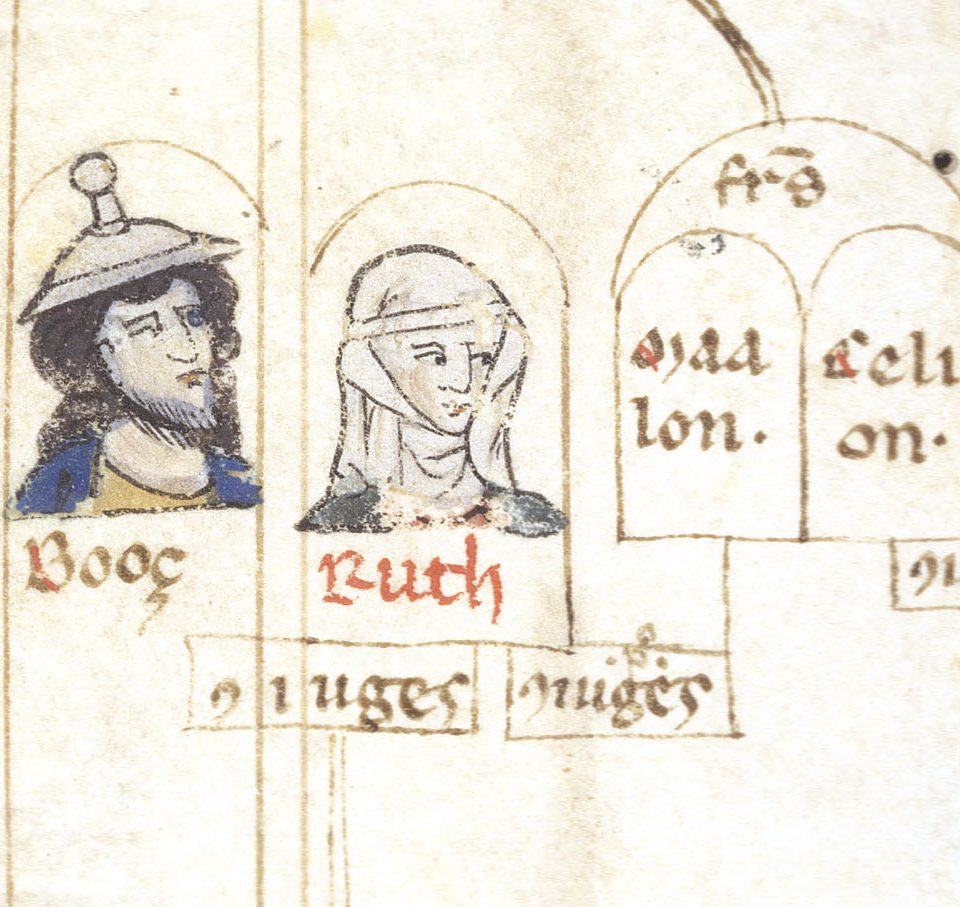Gen. 2:7 Then the LORD God formed man from the dust of the ground, and breathed into his nostrils the breath of life; and the man became a living being. 8 And the LORD God planted a garden in Eden, in the east; and there he put the man whom he had formed. 9 Out of the ground the LORD God made to grow every tree that is pleasant to the sight and good for food, the tree of life also in the midst of the garden, and the tree of the knowledge of good and evil. … 15 The LORD God took the man and put him in the garden of Eden to till it and keep it.
Finally continuing on with my occasional series on Genesis I want to avoid working on my SBL paper consider the nature of the Man created. As I mentioned last time, humanity’s origins are basic and organic, we are from the dust of the earth, even if as individuals we are not the salt of the earth. We are not only creatures that God has made, but we are of the same substance as the rest of creation. The plants created in verse 9 come from the earth מִן־הָאֲדָמָה and the animals created in verse 19 are even “formed” from the earth, as was the Man. Yet from the beginning the Man was set apart from the rest of the animals since he contained the very breath of God.
God breathed into the Man life. וַיִּפַּח בְּאַפָּיו נִשְׁמַת חַיִּים וַיְהִי הָאָדָם לְנֶפֶשׁ חַיָּה׃ ” He breathed into his nostrils the breath of life; and the man became a living being.” Man alone of all the creatures made possesses the breath of God and it is this that gives Man life. Humanity alone possesses this unique trait. But what does that mean? Without a detailed discussion of ancient conceptions, it is sufficient to observe that breath is what provides life and is often equated with the very substance of sentience (however it might be conceived). 1But I would be remiss if I did not point out that the biblical curmudgeon Koheleth says, “For the fate of humans and the fate of animals is the same; as one dies, so dies the other. They all have the same breath, and humans have no advantage over the animals; for all is vanity.” Eccl. 3.19
While “breath” is often equated with “spirit” in discussing Genesis, it is important to actually read the text. Whereas Gen. 1:2 describes the wind/breath/spirit of God וְרוּחַ אֱלֹהִים hovering over the deep, in this passage it is not רוח but נשמה. So רוח may be appropriately (depending upon context) translated with either of those terms, נשמה is always “breath.” That breath, however, is what animates and gives life to creatures (see HALOT) and the Man received this breath directly from God.
Of course as I write this I feel the need to hedge my comments even further by noting (to myself if no one else) that it is נִשְׁמַת חַיִּים and not, for example, נִשְׁמַת יהוה. This is “the breath of life” so perhaps I should not have said “the very breath of God.” That having been said, I think the act of God himself breathing thus into the nostrils of the Man is unique and distinct. It shows it is not only humanity’s life that comes from God, but our very essence.
So in Gen. 2 we do not find, as we did in Gen. 1, any suggestion that we are in “the image of God” or statements about our dominion over all creation. Instead the Man is a creature created in almost exactly the same fashion as the rest of creation. Almost. All other created things were made after and for the Man and were not given נִשְׁמַת חַיִּים.
The Man was created with an explicit purpose, or at least immediately given a job. “The LORD God took the man and put him in the garden of Eden to till it and keep it.” As I once heard Tony Blair say in justifying government sponsored work programs, humanity was made to do work. The Man’s primary tasks at creation was to maintain and protect the Garden that God had created for him.
Next time I will begin to consider the nature of that work. Teaser: Did you ever consider why this perfect garden needed to be tilled?

- 1But I would be remiss if I did not point out that the biblical curmudgeon Koheleth says, “For the fate of humans and the fate of animals is the same; as one dies, so dies the other. They all have the same breath, and humans have no advantage over the animals; for all is vanity.” Eccl. 3.19




One thought on “Genesis 2 – The Nature of Man”
Chris, tahnks for the quick article, it is very timely. I’m actually beginning to do some research on Gen 1/2 for a paper, but it is far easier to find material for ch1, than for ch2. Any recommendations on who(authors) I should look for, or where I should look for it (journals)? Any help would be appreciated, thanks. Keep up the good work!